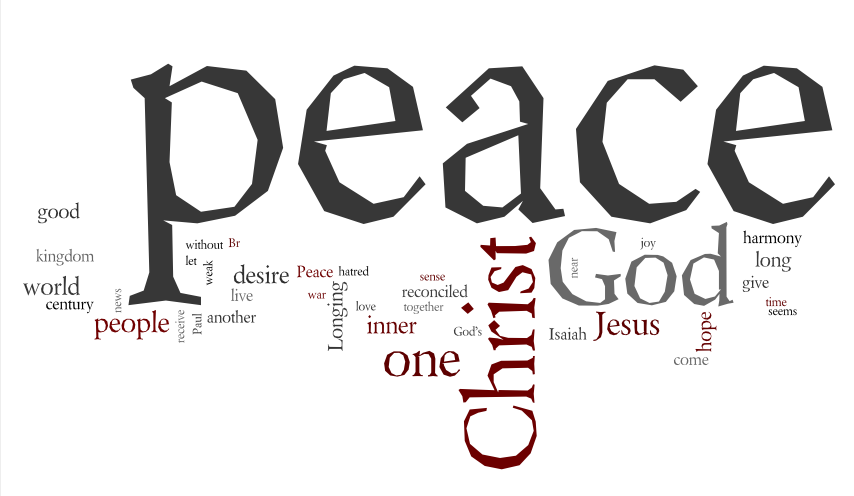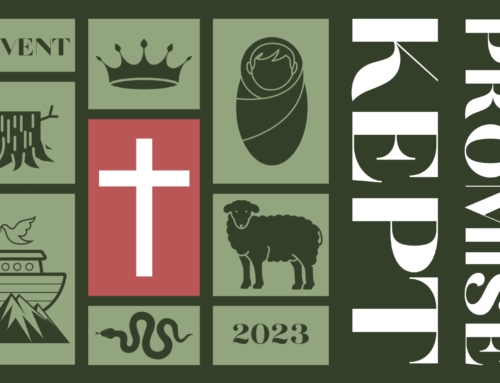Peace Be With You …
By Pastor Josh Wamble
At FBCF, we have a greeting time in our worship service. As you know, this is an informal time where we briefly greet and encourage those around us. Many churches have a similar time in their worship services. Often this time is called the passing of the peace. In these churches it is common to hear the phrase, “Peace be with you” and the response, “And also with you.” I was reminded of this tradition earlier today while I was reading the end of John’s gospel.
In John 20, Jesus says “Peace be with you” three times—twice (vv. 19 and 21) when He appeared with all of the disciples (except for Thomas) when they were locked in the upper room and again (v. 26) when He appeared with all of them (Thomas included) 8 days later. It is interesting that Jesus never used this greeting before His resurrection but did use it the first few times He met with his disciples after his resurrection. I wonder if there is a significant reason that Jesus chose to speak these words to His disciples. Jesus does talk about peace in 2 other places in John’s gospel.
In John 14, Jesus tells His disciples that He will be leaving them shortly. Of course, he is talking about His crucifixion. He tells them that He will return for them and that He will leave a Helper to be with them—the Holy Spirit. In verse 27, He tells them that He will also leave His peace with them. Again, in John 16, He is telling His followers that he will be leaving. He tells them that before this happens, they will be scattered and will leave Him to face the crucifixion alone. He tells them that they will have tribulation and the world will be against them, but He encourages them not to lose heart. The basis of His encouragement is that He has overcome the world and that in Him they will have peace.
What is Jesus talking about? There are two ways of thinking about peace. The first type of peace is subjective. It is a calm or a peaceful, easy feeling to quote The Eagles. The second type of peace is objective. It is the absence of hostility. It is the type of peace that happens at the end of a war or conflict when both sides come to an agreement of how to live together—terms of peace.
I think Jesus is referring to this second type of peace in these passages. The last words that John records Jesus saying from the cross (John 19:30) is “It is finished.” or “It has been completed.” or “It has been accomplished.” Of course, He is talking about the entire work of salvation, and a concise way of summarizing this work is that peace between God and sinners has been achieved!
When Jesus approaches His followers after He has been resurrected, they are still confused about what has happened and afraid about their new circumstances. Jesus’s first words to them are “Peace be with you.” He is not telling them to be calm and serene. He is announcing to them that His work in His life and His death has produced peace between them and God where there once was hostility. I think of what Paul says in Romans 5:1, “Therefore, since we have been justified by faith, we have peace with God through our Lord Jesus Christ.”
Sometime during this Easter week, take some time to reflect on the peace Jesus’s crucifixion and resurrection has secured for us by removing the hostility of our sin and guilt by taking them on Himself.
Peace be with you … And also with me!



